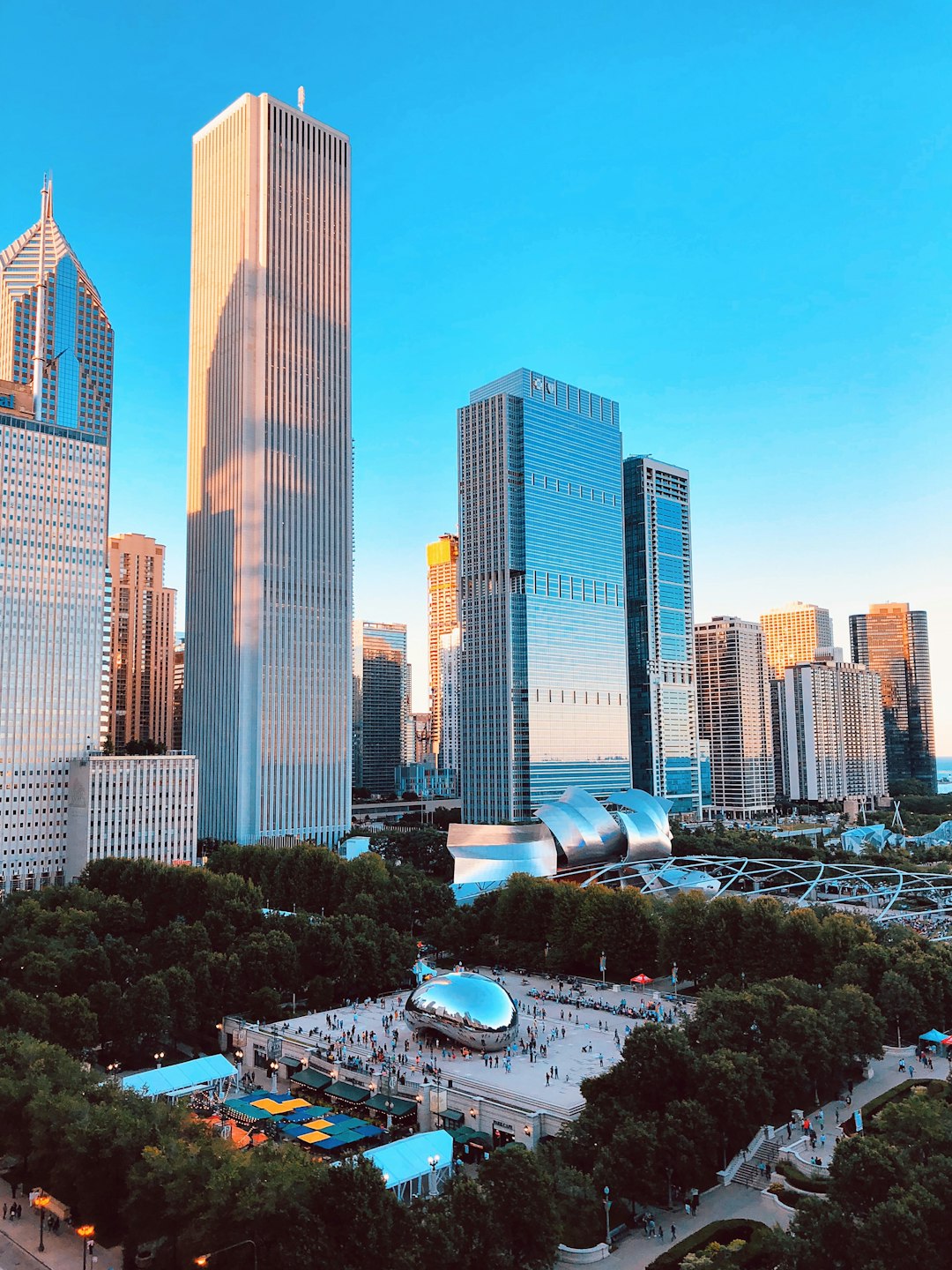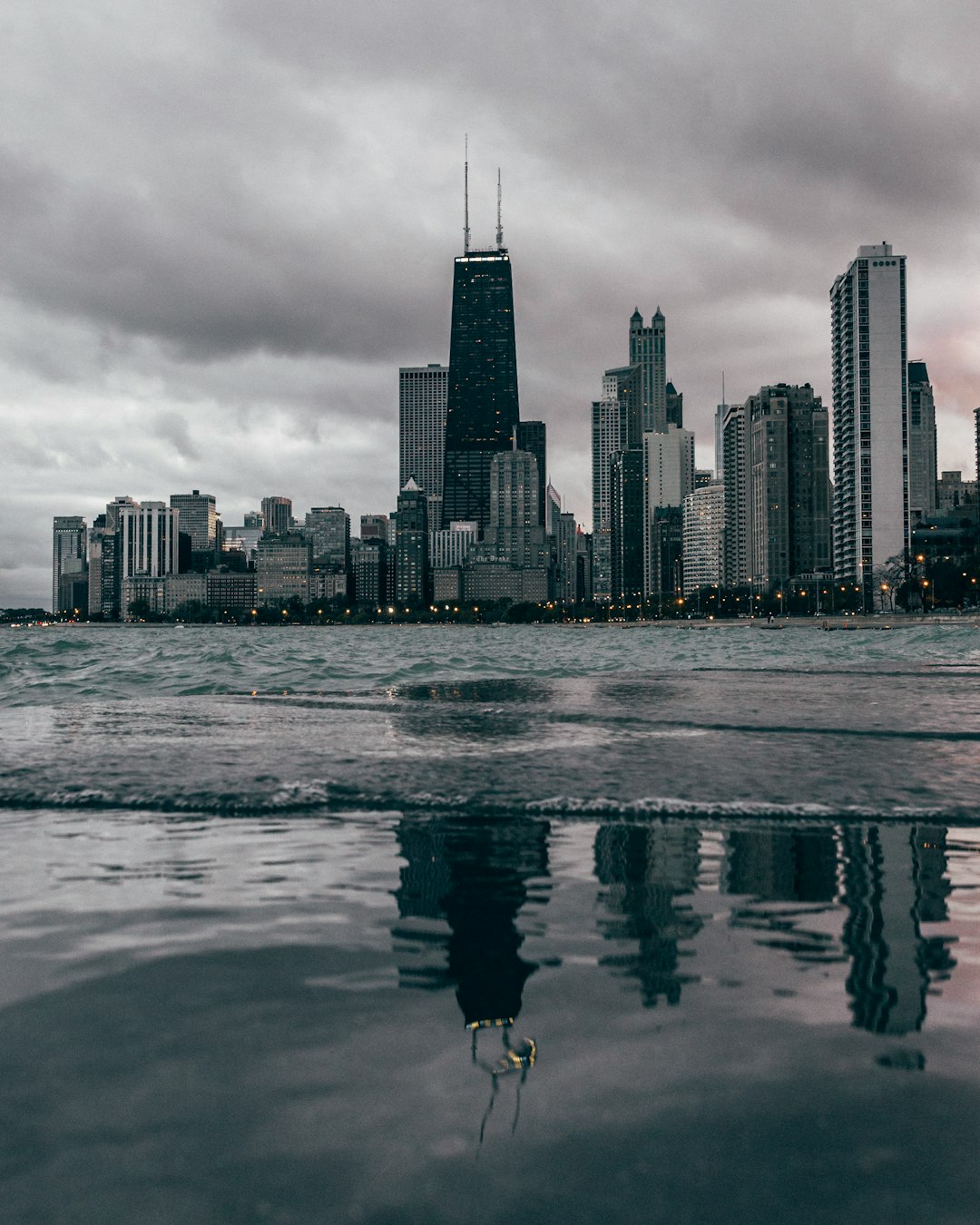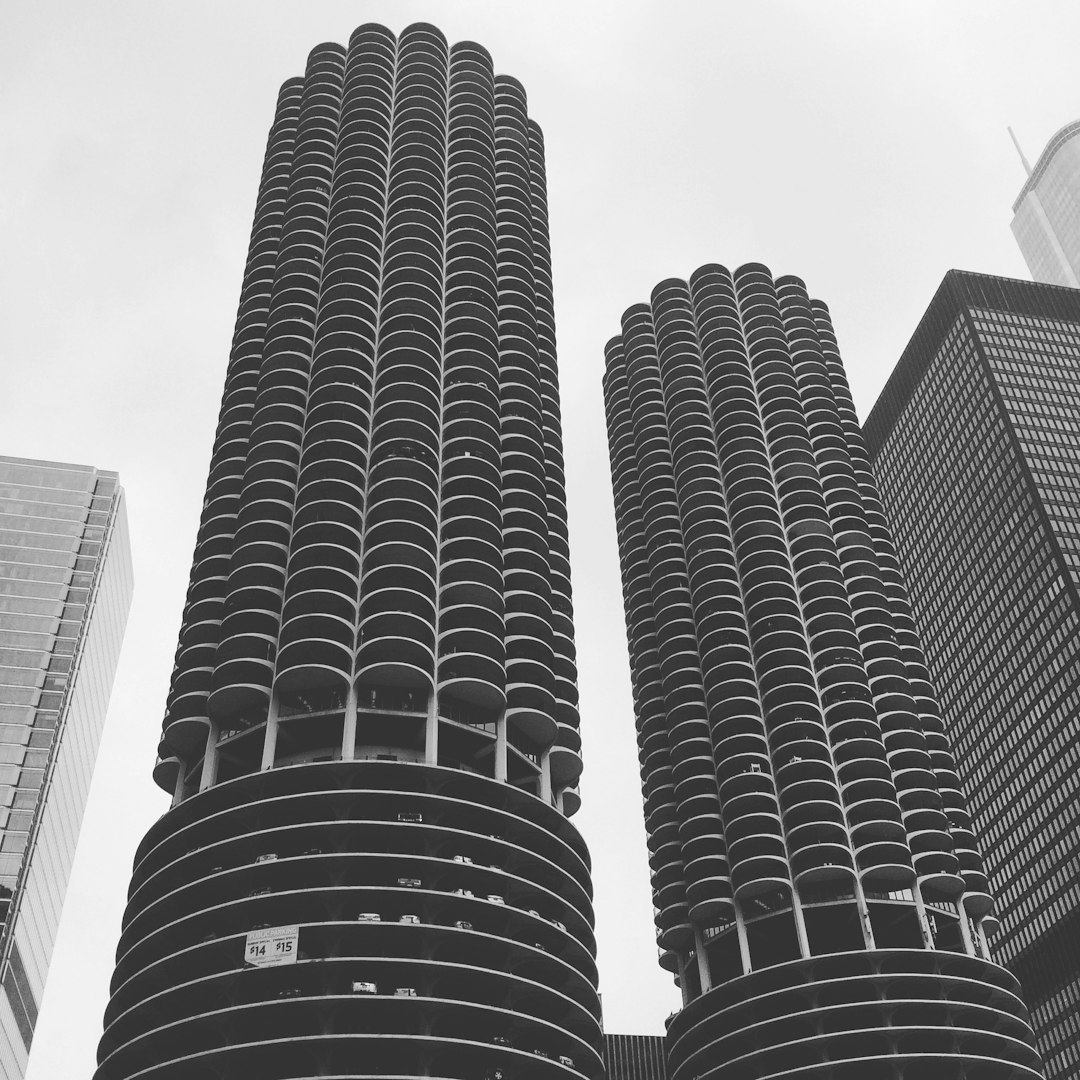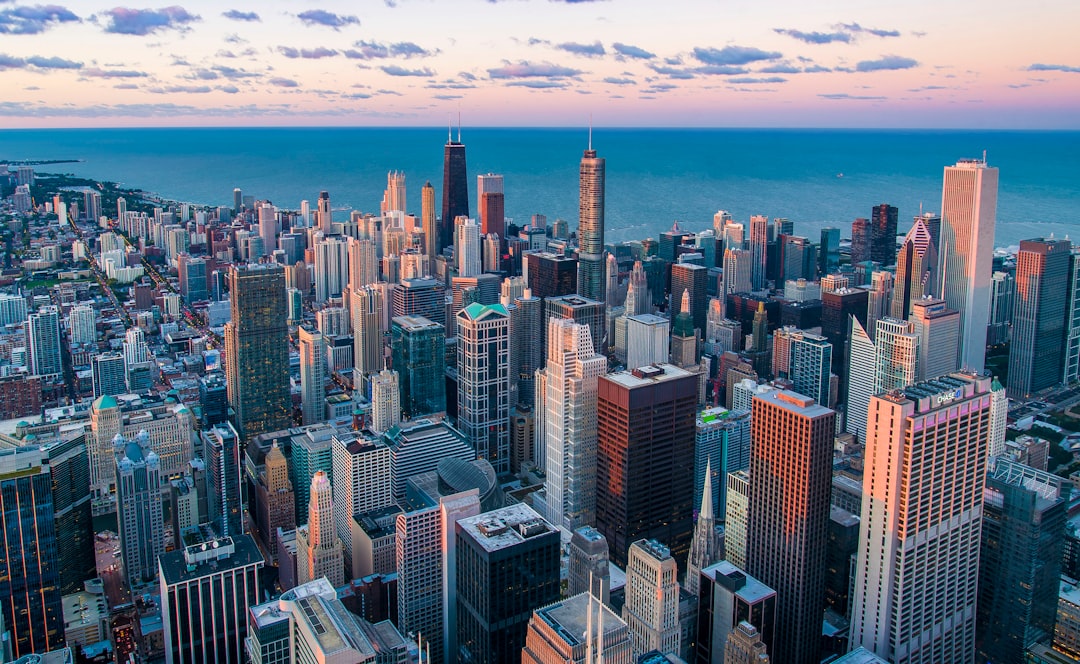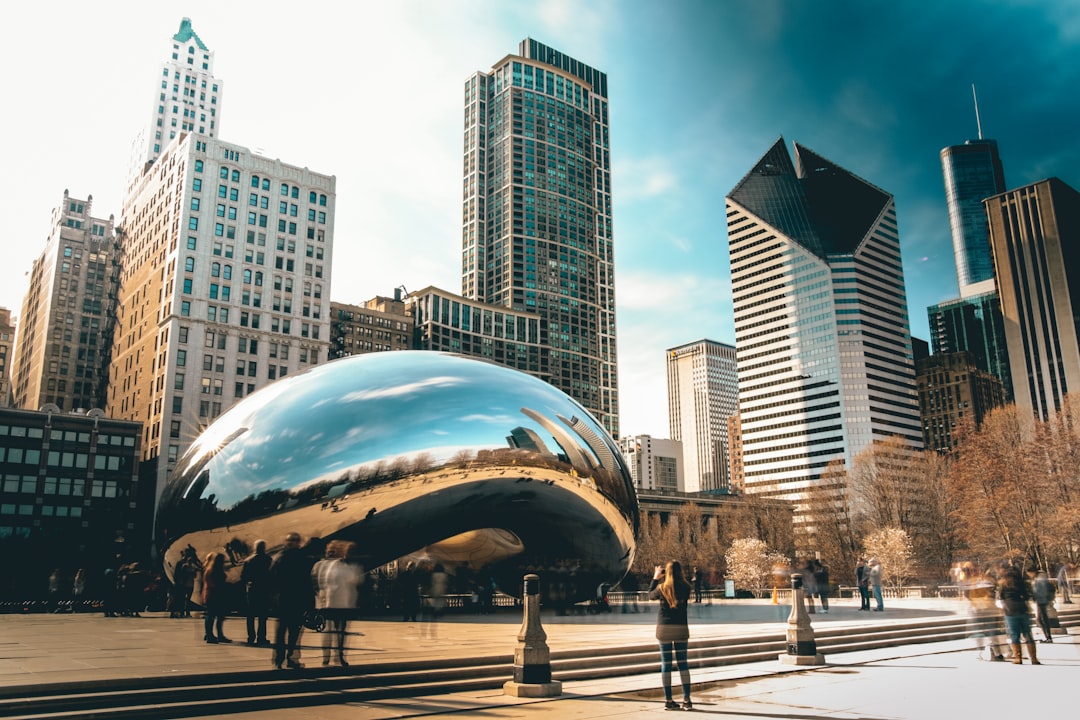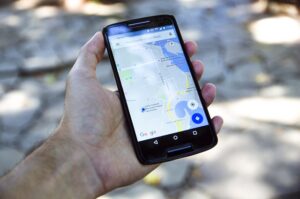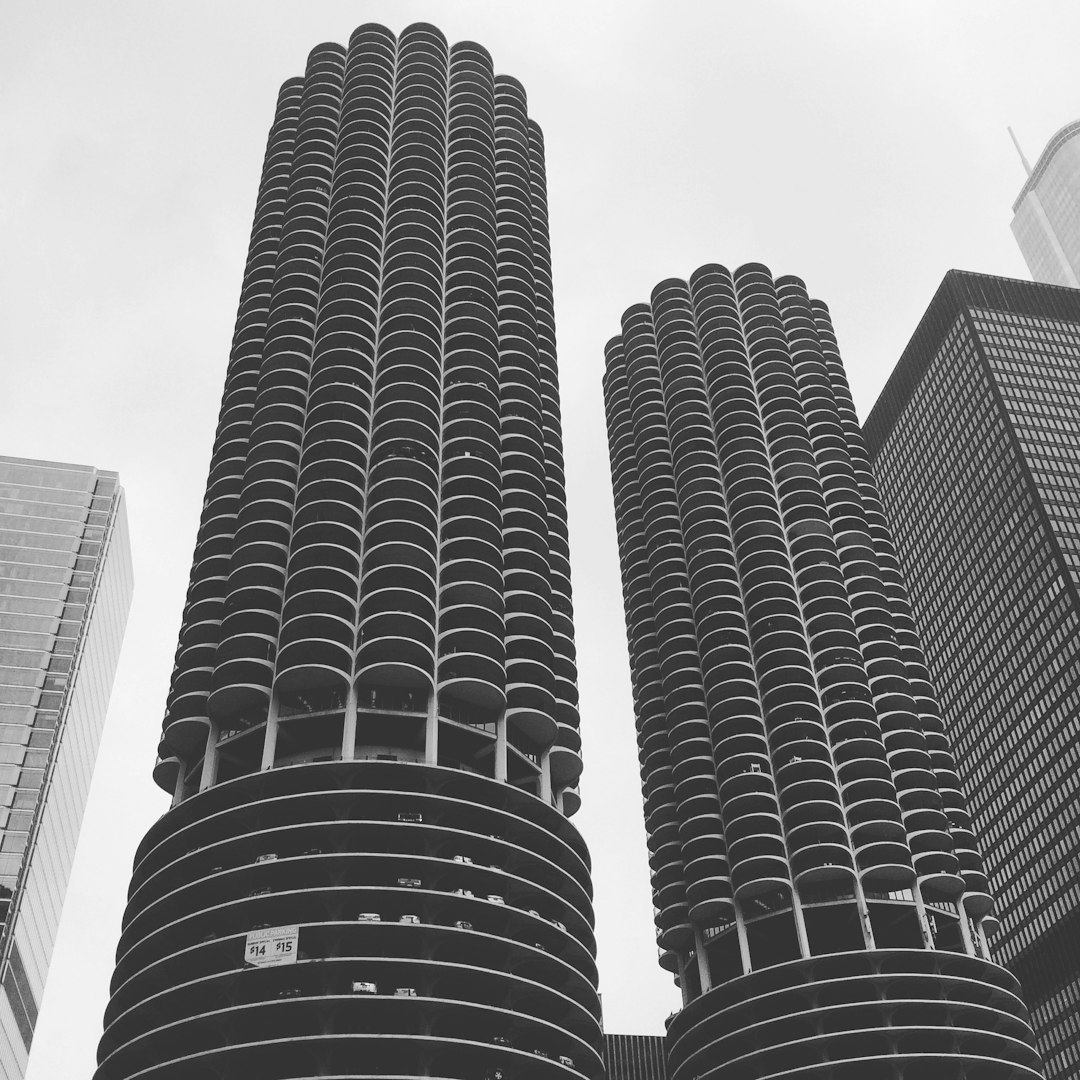Robocalls pose a significant challenge to Chicago's tourism industry, leaving visitors with negative impressions and impacting the city's reputation. To combat this, stakeholders should collaborate on two fronts: implementing advanced call blocking technologies with telecoms and launching awareness campaigns to educate tourists on handling robocalls. By addressing this issue, Chicago can ensure a more enjoyable experience for all, protect legitimate businesses, and maintain its status as a top tourist destination. Additionally, engaging robocall attorneys in Chicago is crucial to navigate legal complexities, ensure compliance with the TCPA, and trace call spammers effectively.
“In today’s digital age, Chicago, like many urban centers, grapples with the surge of robocalls, impacting various sectors, notably tourism. This article explores the intricate relationship between automated phone calls and the city’s tourist industry, revealing its effects on visitor experiences and business prospects. From understanding the prevalence of robocalls in Chicago to uncovering legal considerations for a robocall attorney Chicago, we delve into strategies that can combat this issue and enhance the city’s appeal as a premier travel destination.”
Understanding Robocalls and Their Prevalence in Chicago
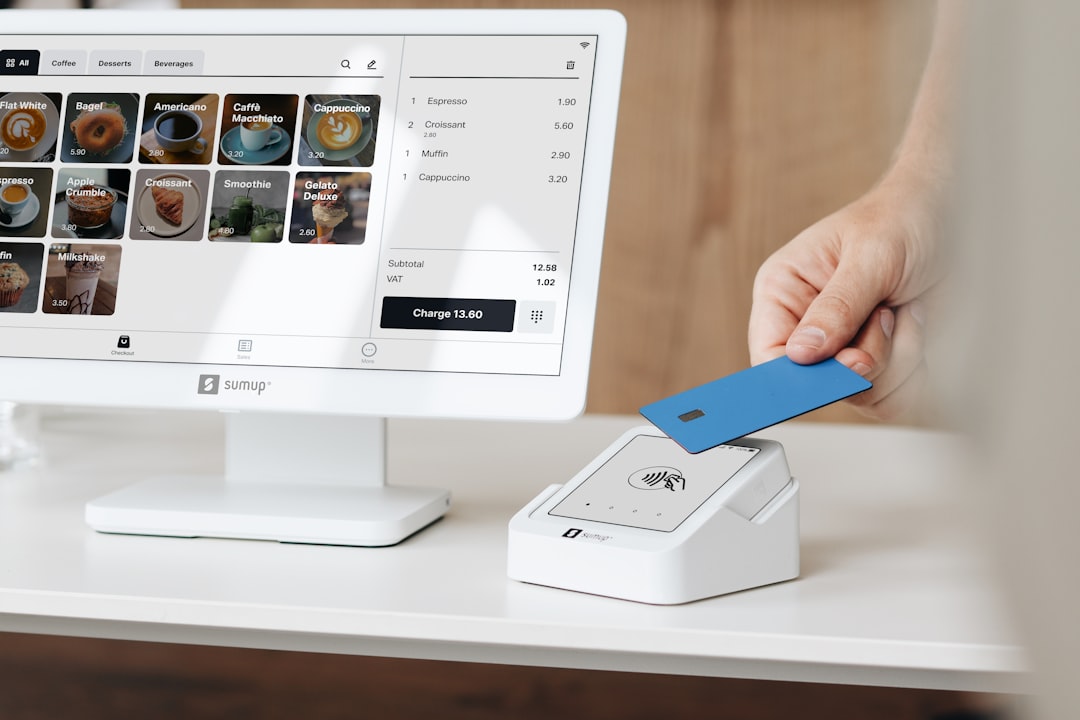
Robocalls, automated phone calls often used for marketing purposes, have become increasingly prevalent in Chicago, much like many other urban centers across the globe. While they can be a nuisance to residents and visitors alike, their impact on the city’s tourism industry is worth examining. In recent years, Chicago has seen a surge in robocall activity, with tourists receiving unwanted calls promoting various services or products. These calls can range from simple advertisements to more aggressive sales tactics, leaving potential visitors with a negative impression before they even set foot in the city.
A robocall attorney Chicago might argue that while these automated calls are a common frustration, they also highlight an opportunity for tourism stakeholders to address this issue proactively. By understanding the extent and nature of robocalls, industry professionals can develop strategies to mitigate their negative effects. This may involve partnering with telecoms to improve call blocking technologies or creating awareness campaigns that educate tourists on how to handle such calls, ensuring a smoother and more enjoyable experience for visitors to the vibrant city of Chicago.
The Effects of Robocalls on Tourism: A Detailed Analysis
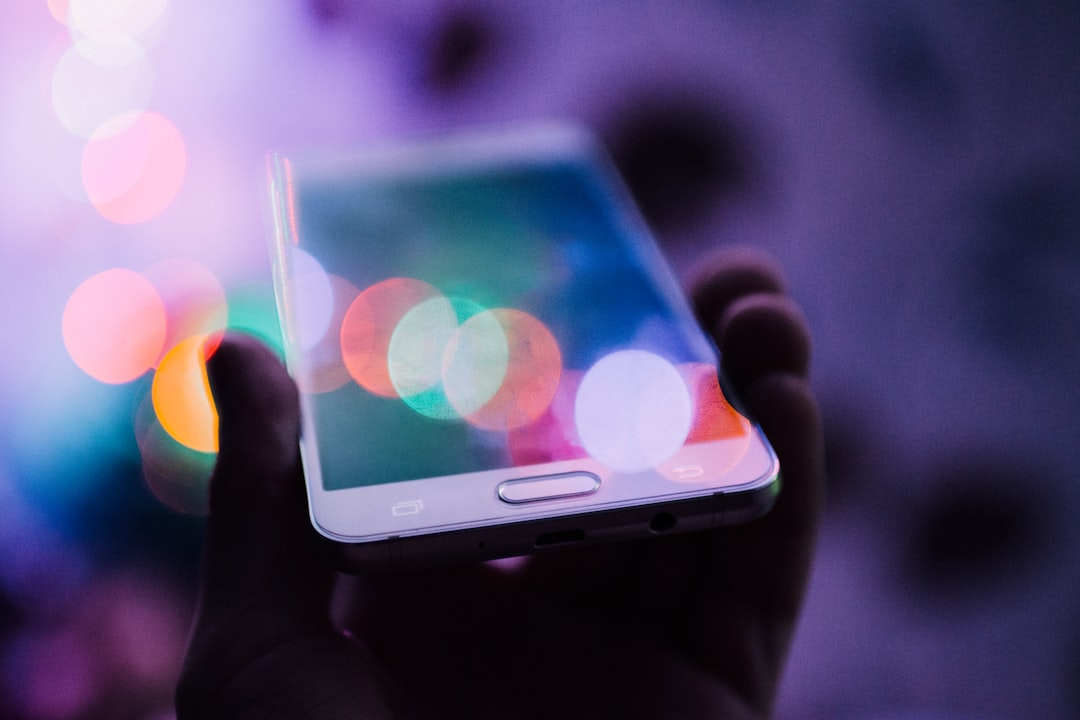
In today’s digital era, the rise of robocalls has significantly impacted various industries, and tourism is no exception. Chicago, as a vibrant metropolis, sees millions of visitors each year, but the influx of unwanted robocalls can disrupt this bustling tapestry. When a tourist encounters numerous automated phone calls promoting legal services or other products, it may create a negative experience that could potentially deter future visits. A robocall attorney Chicago might be sought after by frustrated tourists who find these calls intrusive and annoying.
The effects of such calls extend beyond individual frustration. On a broader scale, they can influence the overall perception of Chicago as a tourist destination. While navigating this labyrinthine issue, it’s essential to recognize that legitimate tourism businesses may also suffer. With many robocalls appearing to come from unknown sources, tourists might become skeptical about local services, leading them to opt for more established and trusted brands. This shift in consumer behavior could significantly impact Chicago’s tourism industry, underscoring the need for effective strategies to mitigate the negative effects of robocalls.
Legal Aspects: What Every Robocall Attorney Chicago Needs to Know
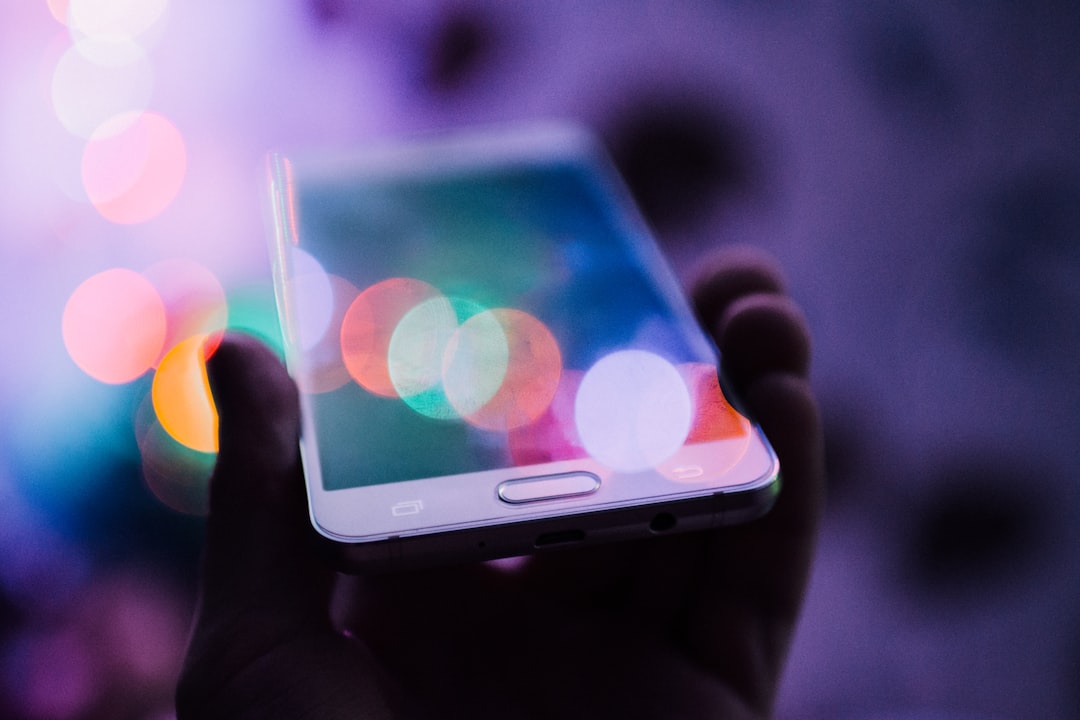
In the vibrant city of Chicago, as tourism flourishes, so does the need for understanding and navigating legal aspects surrounding robocalls. With a growing number of automated phone calls disrupting residents and visitors alike, the role of a robocall attorney Chicago becomes increasingly significant. These attorneys specialize in addressing issues related to unwanted automated calls, which are often illegal under the Telephone Consumer Protection Act (TCPA). The TCPA imposes strict rules on businesses making robocalls, ensuring consumer privacy and preventing nuisance calls.
Chicago’s bustling tourism industry must be aware of the legal implications when using or encountering robocalls. A robocall attorney Chicago can guide businesses on obtaining proper consent for automated calls, ensuring compliance with TCPA regulations, and mitigating potential fines. Additionally, these legal experts can assist in crafting effective call-blocking policies and strategies to protect both tourists and locals from excessive robocalls, fostering a more pleasant environment for visitors while adhering to the law.
Strategies to Combat Robocalls and Boost Chicago's Tourism Sector
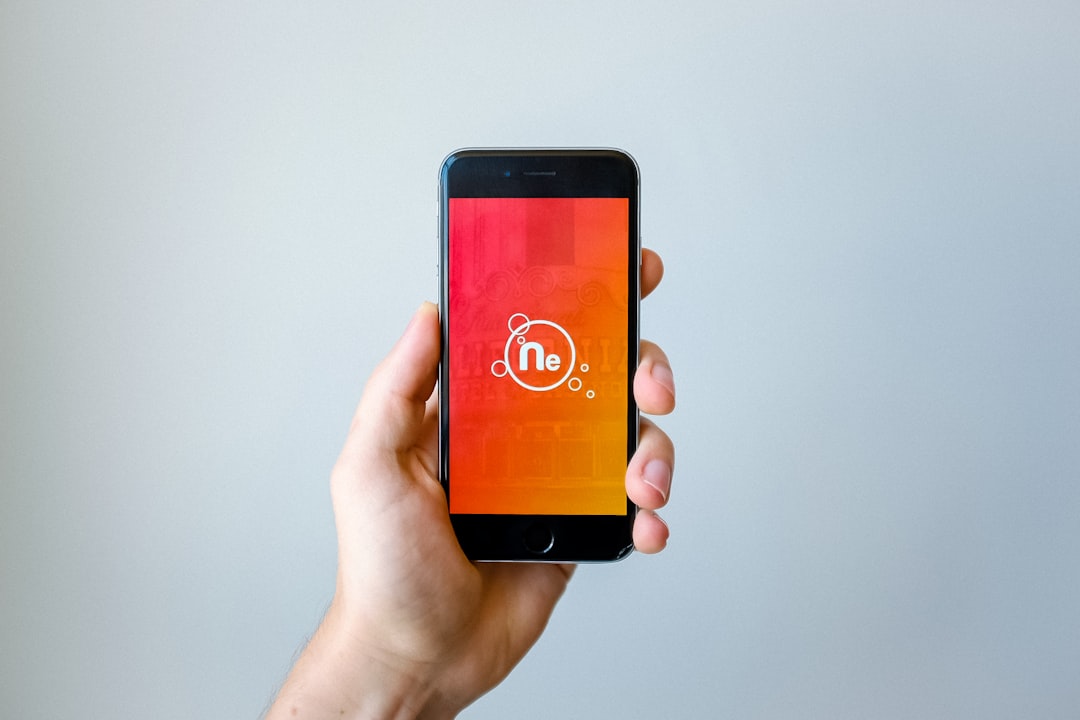
To combat the nuisance and potential harm caused by robocalls, Chicago’s tourism industry can implement several effective strategies. One approach is to educate visitors and locals alike about identifying and reporting suspicious calls, empowering them to become active participants in deterring this disturbance. Collaborating with telecoms companies to filter out known robocall numbers at the network level is another powerful tactic, ensuring that these calls never reach individuals’ phones.
Moreover, hiring a robocall attorney Chicago can provide specialized legal assistance and guidance. These experts can help devise strategies to trace and prosecute call spammers, thereby creating a safer environment for tourists and residents. By combining public awareness campaigns, industry collaboration, and legal initiatives, Chicago can significantly boost its tourism sector by ensuring that visitors experience the city’s warmth and hospitality without the intrusion of robocalls.
